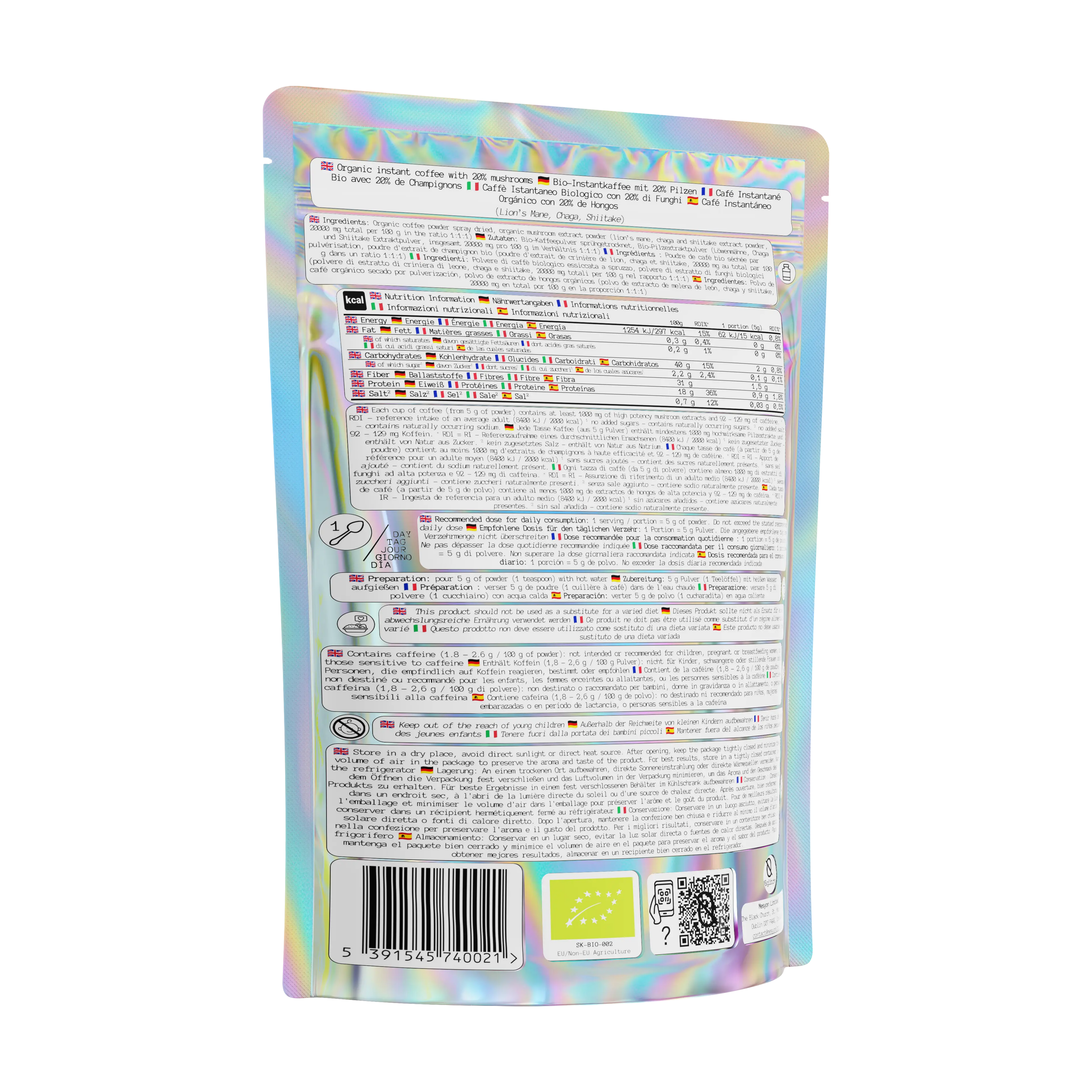
Unlock untapped energy: The ultimate guide to feeling less tired
We've all experienced that groggy, sluggish feeling when our energy levels are low and it seems impossible to stay awake. These moments might occur after a poor night's sleep, during a long day at work or as part of the general weariness most people feel from time to time. Luckily, there are numerous tips and tools that can help you boost your energy, shake off fatigue and leave you feeling refreshed and ready to tackle anything.
Maintain healthy sleep habits
The foundation for feeling less tired is consistent, high-quality sleep. Your body relies on this restorative process to recover, repair, and rebuild each day. The following recommendations can help you optimize your sleep:
- More predictable bedtime routines: Make sleep a priority by establishing regular sleeping patterns. Aim for 7-9 hours each night and try to go to bed and wake up at the same time each day, even on weekends.
- Refine your sleep environment: Transform your bedroom into a peaceful sanctuary by keeping it cool, dark, quiet, and minimizing distractions like electronics.
- Unwind before bedtime: Find ways to relax in the evening, such as reading a book, meditating or taking a warm bath. This will signal to your mind and body that it’s almost time to drift off to dreamland.
Nourish yourself with a balanced diet
Consuming wholesome, nutritious foods plays a significant role in maintaining stable energy levels throughout the day. Here's how a balanced diet can help:
- Power up with protein: Protein-rich foods like lean meats, fish, eggs, dairy, and legumes can keep your energy stable and help you feel fuller for longer.
- Choose complex carbs: Opt for whole grains, fruits, and vegetables that provide a steady flow of energy instead of quick bursts followed by crashes associated with simple sugars.
- Stay hydrated: Even mild dehydration can lead to fatigue. Make sure you're drinking enough water throughout the day, aiming for at least eight 8-ounce glasses.
Revamp your daily routine
Being stuck in monotonous routines and mindsets can leave you feeling drained. Consider making these changes to re-energize:
- Prioritize self-care: Reserve time for yourself each day by engaging in calming activities such as meditation, journaling or gentle exercise.
- Break away from screens: Set aside designated screen-free periods to reduce digital eye strain, headaches, and cognitive overload that can exacerbate feelings of tiredness.
- Connect with others: Spending time with friends, family, or colleagues who are positive and uplifting can revitalize your spirits and boost your mood.
Embrace regular exercise
While it may seem counterintuitive, physical activity can actually energize you by increasing blood circulation and oxygen delivery to your muscles:
- Find something you enjoy: Whether it's walking, swimming, dancing, or yoga, choose a form of exercise that excites you and leaves you feeling accomplished.
- Schedule workout sessions wisely: Avoid exercising too close to bedtime, as this can actually make falling asleep more difficult. Aim for morning or early afternoon workouts to benefit from the natural energy boost.
- Start small: If you're new to exercise, don't feel pressured to dive into intense routines right away. Gradually build up your activity levels and find ways to incorporate movement throughout your day, such as climbing stairs instead of using elevators.
Clear mental clutter and practice mindfulness
Excessive stress, anxiety, and worry can all contribute to feelings of exhaustion. By practicing mindfulness techniques, you can learn to let go of negative thoughts and lighten your mental load, ultimately restoring your energy:
- Meditate daily: Meditating for just a few minutes each day has been shown to reduce stress hormones, calm the mind, and improve focus.
- Recognize mental blocks: Be aware of patterns of negative thinking that drag you down and contribute to fatigue. Consider working with a therapist to help address these issues if they persist.
- Breathwork: Simple breathing exercises, such as deep belly breaths or alternate nostril breathing, can help lower stress levels, increase clarity, and decrease mental fog.
Boost your energy with strategic breaks
When feeling exhausted, it can be tempting to keep pushing forward in an attempt to power through. However, this often leads to further burnout. Instead, implement smart pauses throughout your day to recharge:
- Nap strategically: A short power nap (10-20 minutes) can provide a temporary energy boost without disrupting nighttime sleep patterns.
- Get outdoors: Fresh air and sunlight can do wonders for your energy levels. Even a quick five-minute walk around the block can reinvigorate you.
Consider supplements and speak to a professional
Sometimes, fatigue may be due to an underlying deficiency or issue that is best addressed with professional help:
- Consult a physician: If you’re consistently tired despite making lifestyle changes, it's worthwhile to see a doctor who can check for potential medical causes like sleep apnea, anemia or hormone imbalances.
- Supplements: Vitamins and minerals, such as iron, vitamin B12 and magnesium, could potentially help boost energy levels when taken under the guidance of a healthcare professional.
By combining these tips and strategies, you will be well on your way to unlocking untapped energy sources and saying goodbye to constant fatigue. Just remember, change takes time—be patient and persistent in your efforts, and soon enough, feeling less tired will become your new normal.
0 comments
Disclaimer
The information in this article is for educational and informational purposes only. If this article discusses psychedelics, supplements, or wellness practices, it is not intended to promote, endorse, or encourage illegal activities or unverified health claims.
n0glitch does not sell or distribute psychedelic substances and does not provide medical, legal, or professional advice. Always consult a qualified healthcare provider before making health-related decisions.
Laws regarding psychedelics and supplements vary by country and region. Please research and comply with local regulations.












